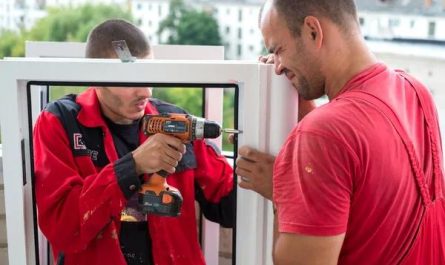Proper electrical grounding is a crucial aspect of any electrical system. It ensures that electrical currents have a direct path to the earth, which helps prevent electric shock, reduces the risk of fire, and protects appliances from damage. Electricians play an essential role in testing and maintaining proper electrical grounding to ensure safety and functionality.
To test the electrical grounding, electricians use specialized tools such as multimeters or ground testers. A multimeter is a versatile device that can measure voltage, current, and resistance. By connecting one probe to the ground wire and another to a grounded metal object like a water pipe or metal box, an electrician can determine if there’s continuity – meaning electricity can flow freely between them.
Another tool commonly used by electricians is a ground tester or earth resistance tester. This device measures how well electricity can move through your home’s grounding system into the earth itself – essentially checking how well your home’s grounding system works.
In addition to testing for proper grounding, regular maintenance is also necessary. Over time, connections can become loose or corroded which may lead to inadequate grounding. Electricians will inspect see all resources components of the grounding system including ground wires, connectors and rods during routine maintenance checks.
They will look for signs of physical damage such as fraying or breakage in wires that could indicate potential problems with the circuit’s ability to safely divert excess current into the ground. If they find issues like corrosion on terminals or loose connections anywhere along this pathway; these are addressed immediately because it could compromise safety by preventing effective grounding in case of faults within other parts of your electrical infrastructure.
Furthermore, changes in soil conditions due to weather fluctuations can affect underground metallic elements used in some types of grounds over time. Therefore periodic re-testing might be required depending on local regulations or manufacturer recommendations for certain systems.
Electricians also play an educational role when it comes to maintaining proper electrical grounding at homes or businesses where they work frequently advising clients about the importance of not removing or tampering with grounding wires and explaining how these systems function to keep everyone safe.
In conclusion, proper electrical grounding is crucial for safety and functionality. Electricians test and maintain this system using specialized tools and their expertise. Regular inspections are necessary to ensure connections remain secure, corrosion-free, and effective in carrying excess current safely into the ground. The role of an electrician extends beyond just testing and maintenance; they also educate clients about the importance of maintaining a properly grounded electrical system.




